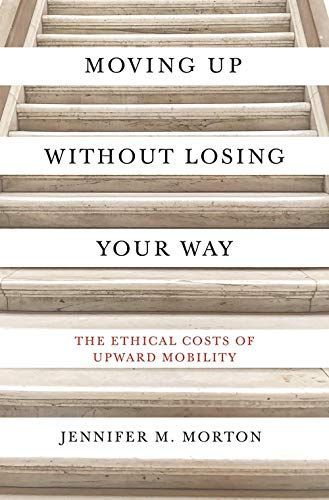
Moving Up Without Losing Your Way The Ethical Costs of Upward Mobility
The dilemmas faced by disadvantaged college students seeking upward mobility and what educators can do to help these students flourish Upward mobility through higher education has been an article of faith for generations of working-class, low-income, and immigrant college students. While this path usually entails financial sacrifices and hard work, little attention has been paid to the personal compromises such students make as they enter worlds vastly different from their own. Measuring the true cost of higher education for those from disadvantaged backgrounds, Moving Up without Losing Your Way looks at the ethical dilemmas of upward mobility—the broken ties with family and friends, and the loss of community and identity—faced by students as they strive to earn a successful place in society. Drawing upon philosophy, social science, personal stories, and interviews, Jennifer Morton reframes the college experience, factoring in not just educational and career opportunities but also essential relationships. She urges educators to empower students with a new narrative, one that might allow them to achieve social mobility while retaining their best selves.